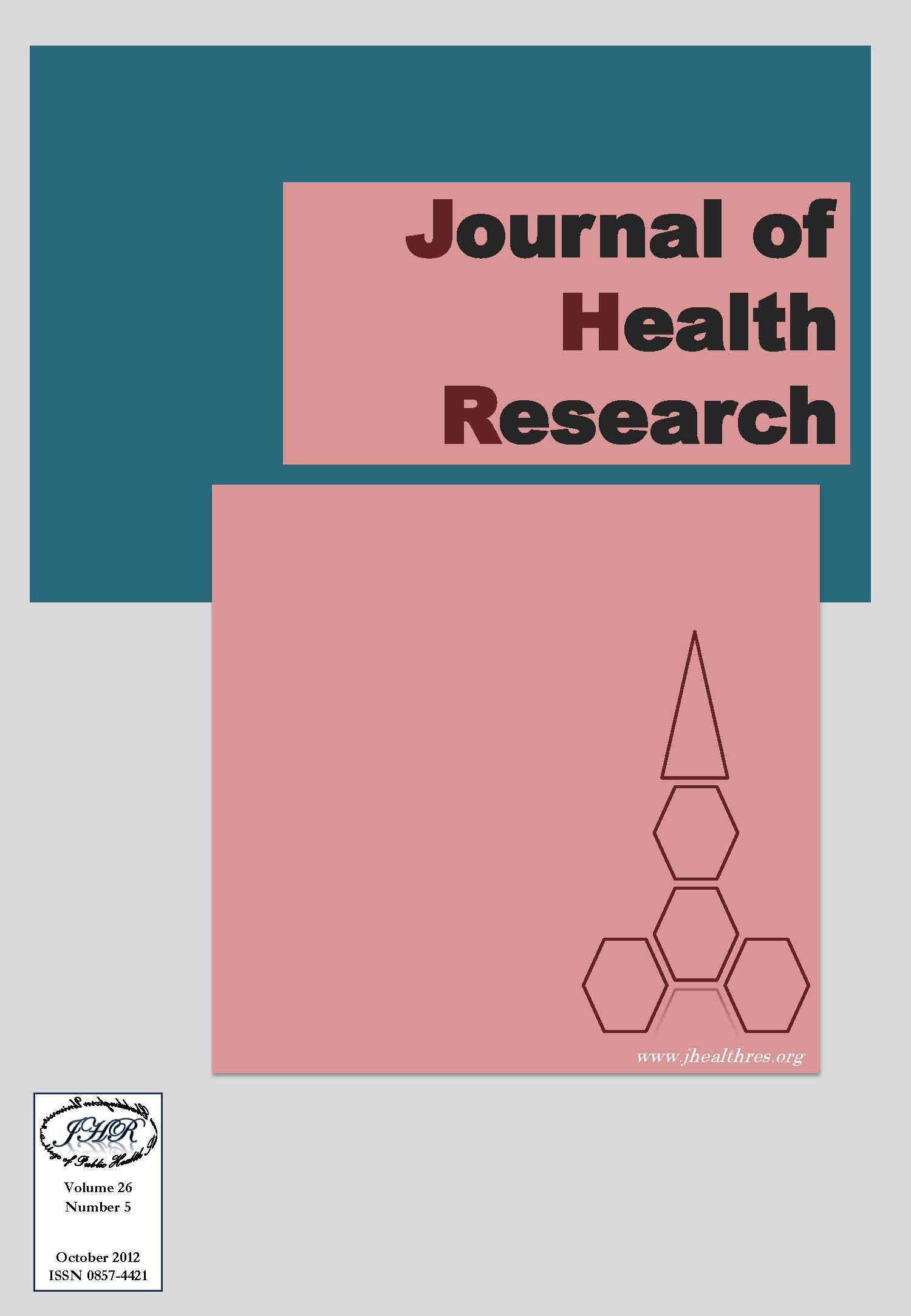Neuritogenic Activity of Thai Plant Extracts
Keywords:
neuritogenic activity, neurite outgrowth, Clitoria ternatea L., Nelumbo nucifera Gaertn., Nephelium lappaceum L., P19 derived-neuronsAbstract
Neuritogenic activity of three Thai medicinal plant extracts were evaluated on cultured P19-derived neurons. All of the extracts, butterfly pea (Clitoria ternatea L.) petal, lotus (Nelumbo nucifera Gaertn.) anther, and rambutan (Nephelium lappaceum L.) pericarp, at a very low concentration of 1 ng/mL enhanced the survival of cultured neurons (% viability more than 100%) by MTT reduction assay. The extracts were further evaluated for their neuritogenicity at 1 ng/mL. The phase-contrast micrographs revealed that all of the extracts possessed neurogenic activity by promoting the neurite outgrowth of the cultured neurons.







